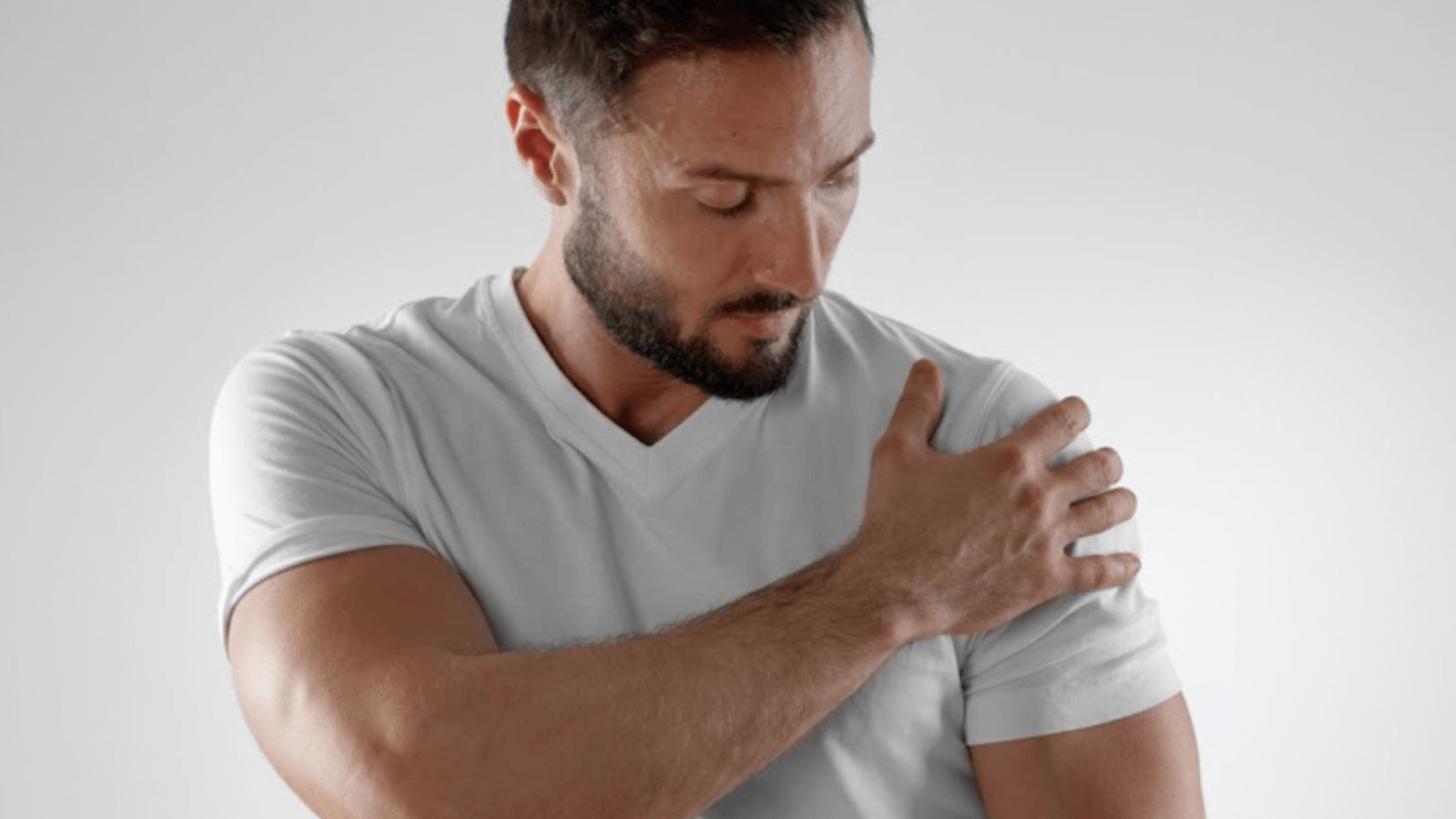Can Everyday Activities Cause a Rotator Cuff Tear?
&srotate=0)
The rotator cuff plays an important role in stabilizing the shoulder joint and facilitating a range of movements, from lifting objects overhead to throwing a ball. However, this group of tendons and muscles is susceptible to injury, with tears often resulting from a combination of acute trauma, repetitive motions, and natural degeneration. Here, orthopedic specialist Dr. Christopher Williams of Interventional Orthopedics of Atlanta answers popular questions about rotator cuff tears, emphasizing that even normal routine activities and motions can lead to this painful condition in Atlanta, GA.
What does the rotator cuff do?
The rotator cuff is comprised of a complex network of tendons and muscles that surround the shoulder joint, providing stability and enabling various arm movements. These muscles play a crucial role in lifting, reaching, and rotating the arm, making them essential for everyday activities and sports.
What happens if you tear your rotator cuff?
A torn rotator cuff can cause significant pain, weakness, and limited range of motion in the shoulder. Common symptoms of a torn rotator cuff include difficulty sleeping on the affected side, numbness or tingling in the arm, sharp pains in the shoulder or arm, and challenges raising the arm above the head. While some patients may experience acute pain following a traumatic injury, others may not realize they've torn their rotator cuff until symptoms worsen over time.
Can you tear your rotator cuff without playing sports?
Yes, rotator cuff tears can occur without participating in sports or experiencing a traumatic injury. Everyday activities and motions, such as lifting heavy objects, reaching overhead, and repetitive arm movements, can contribute to the development of rotator cuff injuries. Additionally, several risk factors increase the likelihood of rotator cuff tears, including:
- Age: Men and women over 40 are at higher risk due to natural tendon weakening and degeneration.
- Repetitive stress: Frequent overhead activities, common in occupations like painting or construction, can strain the rotator cuff.
- Occupational hazards: Jobs involving heavy lifting or repetitive arm motions increase injury risk.
- Family history: Certain genetic predispositions can make some individuals more susceptible.
- Poor posture: Long-term poor posture can lead to muscle imbalances and increased wear on the rotator cuff.
- Previous injuries: Prior shoulder injuries can predispose those patients to further rotator cuff damage.
Will a torn rotator cuff heal on its own?
In some cases, conservative treatments like rest, ice, and over-the-counter medications may be sufficient to manage rotator cuff tears. However, more extensive injuries and persistent pain may require interventions such as steroid injections or regenerative therapies — like Regenexx® therapy. It's essential to follow your doctor's instructions and allow ample time for proper rotator cuff healing to prevent prolonged discomfort and potential complications.
Suspect a rotator cuff tear without an obvious cause? Don't delay your Atlanta, GA rotator cuff evaluation
Rotator cuff tears can disrupt daily activities and lead to persistent pain and discomfort. Whether you're an athlete, a fitness enthusiast, or someone with a physically demanding job, it's critical to prioritize shoulder health and take preventive measures to avoid injuries. By understanding the risk factors, recognizing the symptoms, and seeking timely treatment, you can effectively manage rotator cuff tears and restore optimal shoulder function. If you suspect a rotator cuff tear or are experiencing shoulder pain, don't hesitate to call us at Interventional Orthopedics of Atlanta to schedule a consultation today with Atlanta, GA orthopedic specialist Dr. Christopher Williams to explore your treatment options and get on the path to recovery sooner.